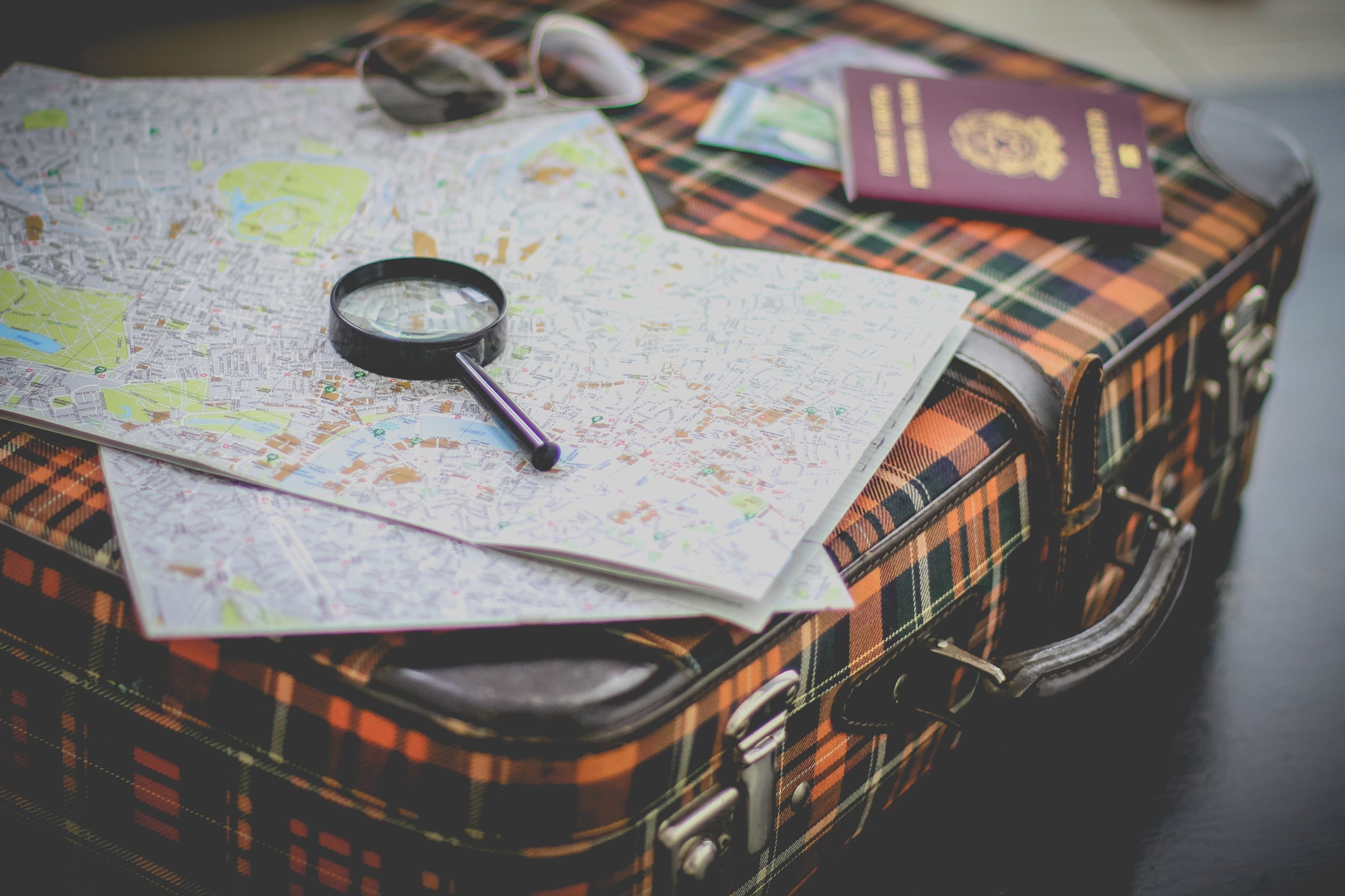Travel Planning at the Lowest Cost: A Comprehensive Guide
Traveling is an exhilarating experience that allows us to explore new cultures, create lasting memories, and broaden our horizons. However, the cost of travel can often be a deterrent for many people. Fortunately, with careful planning and some savvy techniques, it’s possible to embark on a remarkable journey without breaking the bank. In this comprehensive guide, we will explore various strategies and tips to help you plan your travels at the lowest cost possible.
1. Research and Flexibility:

The key to finding affordable travel options is thorough research and flexibility. Start by identifying your desired destination and use online travel platforms to compare prices for flights, accommodation, and transportation. Consider traveling during off-peak seasons or weekdays when prices tend to be lower. Remaining flexible with your travel dates can save you a significant amount of money.
2. Budgeting:
Set a realistic budget for your trip and stick to it. Prioritize your expenses, allocating more funds to activities or attractions that are important to you. Look for budget-friendly alternatives such as guesthouses or hostels instead of high-end hotels. Consider cooking some of your meals or eating at local street food stalls to save money on dining.
3. Flight Hacks:
When searching for flights, use incognito mode on your browser or clear your cookies to avoid dynamic pricing. Sign up for airline newsletters and fare alerts to stay informed about discounts and promotional offers. Consider booking connecting flights or opting for budget airlines, but be mindful of any additional fees they may charge.
4. Accommodation Options:
In addition to traditional hotels, explore alternative accommodation options such as vacation rentals, homestays, or house-sitting opportunities. Websites like Airbnb, Booking.com, and Couchsurfing offer a range of affordable choices that can significantly reduce your lodging expenses.
5. Transportation Savings:
Look for local transportation options like buses or trains instead of expensive taxis or rental cars. Research public transportation passes or city cards that offer unlimited travel within a specific area for a fixed price. Consider walking or cycling to explore the city, not only to save money but also to immerse yourself in the local culture.
6. Free Attractions and Activities:
Research and take advantage of free attractions, parks, and museums with discounted or free entry days, or cultural events happening during your visit. Many cities offer free walking tours that provide insight into local history and landmarks. Engage with locals to discover hidden gems and inexpensive activities that may not be mentioned in guidebooks.
7. Travel Insurance:
While it may seem counterintuitive to spend money on insurance, it is crucial to protect yourself from unforeseen circumstances that could lead to financial losses. Shop around for comprehensive travel insurance policies that offer coverage for medical emergencies, trip cancellations, or lost belongings. Compare different options to find the most cost-effective plan that suits your needs.
8. Dining on a Budget:
Eating out can be a significant expense while traveling. Look for local eateries or food markets where you can sample authentic cuisine at affordable prices. Avoid restaurants in touristy areas as they often have inflated prices. Consider carrying a reusable water bottle and refilling it instead of purchasing bottled water, which can add up over time.
9. Traveling Light:
Pack smart and travel with only the essentials to avoid excess baggage fees. Check the baggage allowances and restrictions of your chosen airline to avoid any unexpected charges. Packing light also gives you the freedom to use public transportation easily and reduces the risk of losing or damaging your belongings.
10. Local Currency and Money-Saving Tips:
Research the local currency exchange rates before you travel to ensure you’re getting a fair deal. Use credit cards that offer travel rewards or cashback options to maximize your savings. Inform your bank about your travel plans to avoid any issues with accessing your funds abroad. Be cautious when using ATMs and avoid unnecessary currency exchange fees.
By employing these cost-saving strategies and being resourceful during your travel planning, you can embark on an incredible journey without compromising on experiences. Remember, the best travel memories often come from immersing yourself in local culture and connecting with people, not necessarily from extravagant expenses. With careful planning, an open mind, and a spirit of adventure, you can create unforgettable travel experiences while keeping costs to a minimum. Bon voyage!
